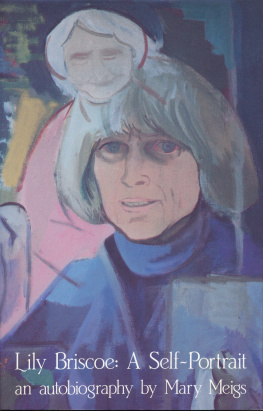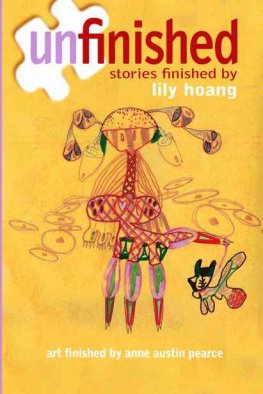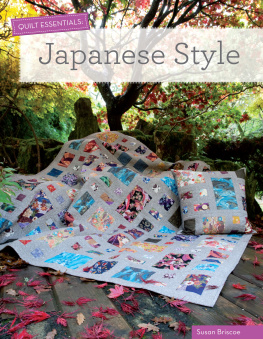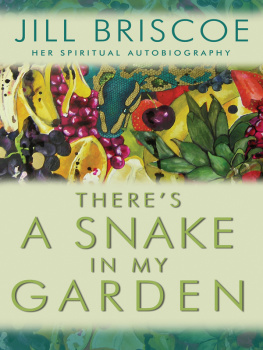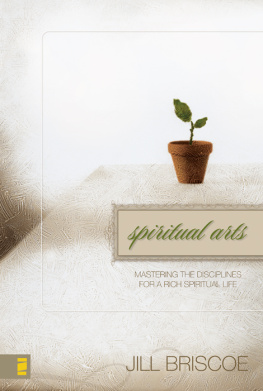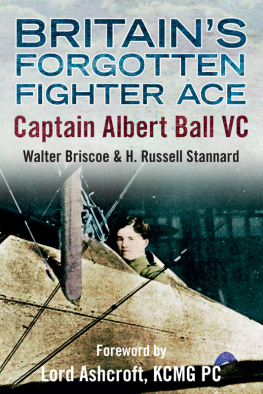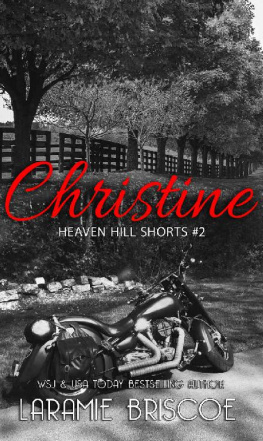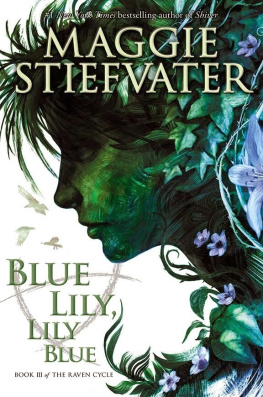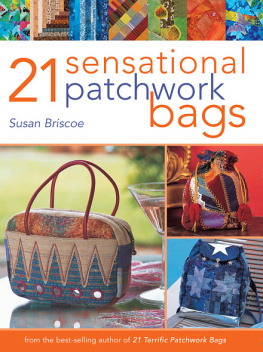Mary Meigs - Lily Briscoe
Here you can read online Mary Meigs - Lily Briscoe full text of the book (entire story) in english for free. Download pdf and epub, get meaning, cover and reviews about this ebook. year: 2015, publisher: Talonbooks, genre: Non-fiction. Description of the work, (preface) as well as reviews are available. Best literature library LitArk.com created for fans of good reading and offers a wide selection of genres:
Romance novel
Science fiction
Adventure
Detective
Science
History
Home and family
Prose
Art
Politics
Computer
Non-fiction
Religion
Business
Children
Humor
Choose a favorite category and find really read worthwhile books. Enjoy immersion in the world of imagination, feel the emotions of the characters or learn something new for yourself, make an fascinating discovery.
- Book:Lily Briscoe
- Author:
- Publisher:Talonbooks
- Genre:
- Year:2015
- Rating:4 / 5
- Favourites:Add to favourites
- Your mark:
- 80
- 1
- 2
- 3
- 4
- 5
Lily Briscoe: summary, description and annotation
We offer to read an annotation, description, summary or preface (depends on what the author of the book "Lily Briscoe" wrote himself). If you haven't found the necessary information about the book — write in the comments, we will try to find it.
Taking as her alter-ego Lily Briscoe the painter in Woolfs To the Lighthouse Mary Meigs portrays herself, her family, and her friends in Lily Briscoe: A Self-Portrait, a book that is both autobiography and memoir. She describes the three major decisions of her life: not to marry, to be an artist, and to listen to her own voices.
Lily Briscoe — read online for free the complete book (whole text) full work
Below is the text of the book, divided by pages. System saving the place of the last page read, allows you to conveniently read the book "Lily Briscoe" online for free, without having to search again every time where you left off. Put a bookmark, and you can go to the page where you finished reading at any time.
Font size:
Interval:
Bookmark:
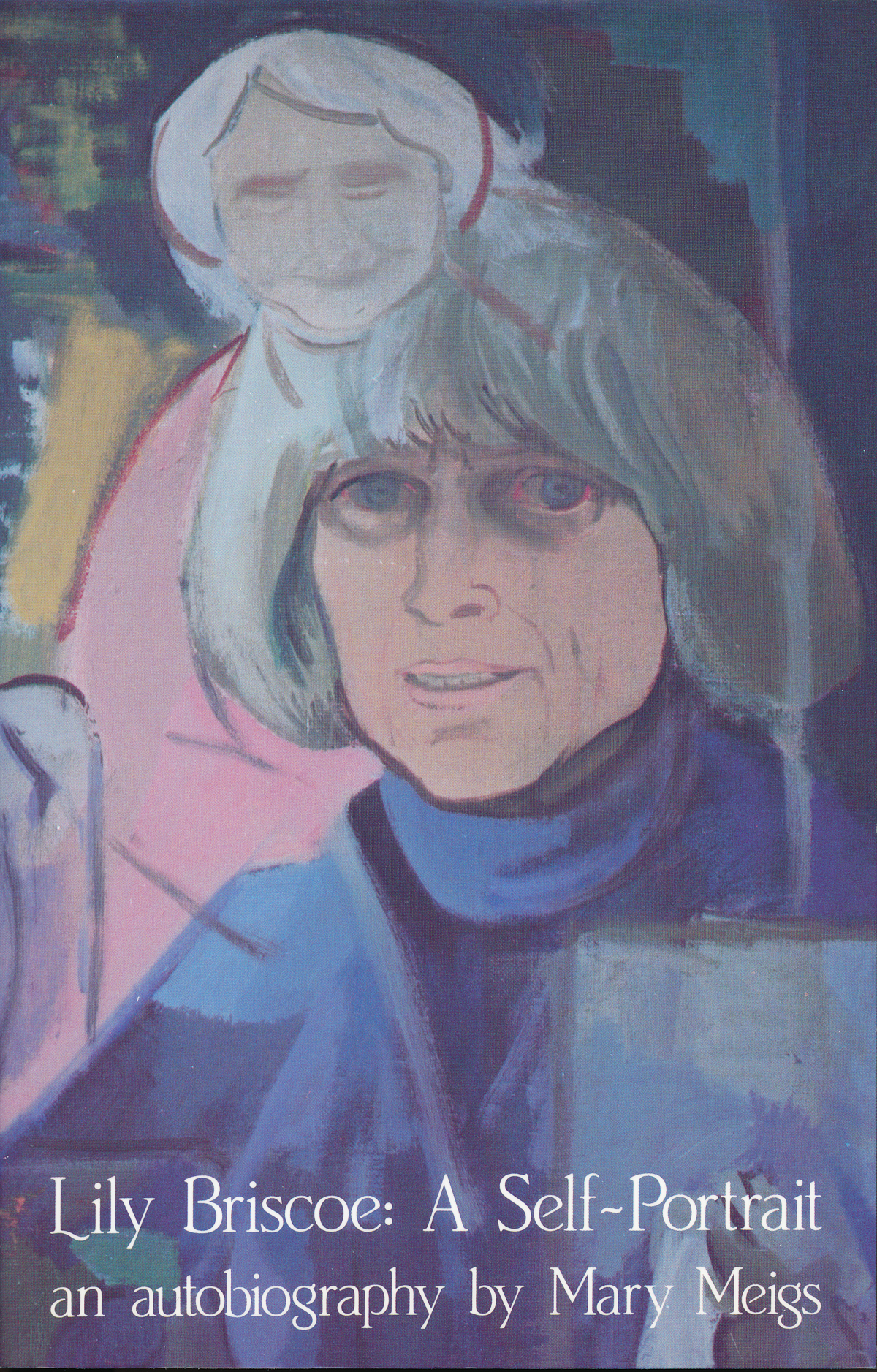
A Self-Portrait
an autobiography by
Mary Meigs
Talonbooks Vancouver 1981
Copyright 1981 Mary Meigs
Published with the assistance of the Canada Council
Talonbooks
278 East First Avenue
Vancouver, British Columbia
V5T 1A6
www.talonbooks.com
Excerpts from this book have appeared in Exile, Fireweed, Room of Ones Own and Broadside.
This book was typeset by Mary Schendlinger
Third printing: August 1993
Electronic edition: July 2015
The cover is a self-portrait of Mary Meigs
Cataloguing data available from Library and Archives Canada
ISBN-13: 978-0-88922-971-6
to
Barbara Denting
and
Marie-Claire Blais
Except thyself may be
Thine enemy.
Captivity is consciousness;
Sos liberty.
Emily Dickinson
Contents
Part One
Beginnings
Chapter One
Does every life deserve an autobiography? Does mine? I belong to an endangered species which in the eyes of many deserves to be extinct: the gently born, the monied, the sheltered, many of us squeamish about the things that make up the substance of life, its dark truth composed of everything we deny or refuse to think about. If we are lucky, as I have been, we have made friends of the witnesses of life, and have been humbled by them. I, who have never suffered from want, have known only the exigence of my own character, which has demanded that I rebel against my respectable and conservative family genes, though one scarcely knows for what reasons one branches off from the path that seems ordained by ones inheritance. I carried the baggage of that inheritance for a long time, though I gradually made decisions that made it imperative to get rid of itdecisions not to marry, to be an artist, to listen to my own voices. It was easy for me not to marry, for I was never seriously tempted; to be an artist was harder, for how could I know how much painful ground there was to cover between the wish and the becoming? I remember after World War II, when I had decided once and for all to become a painter, a friend of mine looked at some of my paintings and said, Dont you want to marry and have babies? I said that my paintings were my babies, a reply which made him look extremely dubious. Babies are more important than pictures, he said. But, protected as I was by a beginners blindness, a beginners ignorance, I stubbornly continued to think that paintings were more important. What had taken place in me was a coalescing of this stubbornness and a kind of pride like vanity, but stronger than humiliation, united with the conviction that there was something there in my depths. (I thought I had depths.) The fact that this something was invisible to others was a goad which, again and again, produced the defiant thought, Ill show you! It required years of false starts, of failures, of periods of doubt and despair, for me to show anyone anything, or even to understand that one is not necessarily an artist by wanting to be one. In the course of those years, it was my good fortune, gradually, to acquire friends whose lives were wholly dedicated to their work as painters or writers or poets. They were, or are, the witnesses of life, in a sense that I had never been. I had to learn, even if it was chiefly through these friends, that an artist must above all see, not a sterilized fragment of life, but its ugly paradoxes and terrible beauty. I had to learn to get over some of my squeamishness about sex, for part of my inheritance was a belief in the life of the mind and the Christian soul at the expense of the life of the body. In my family, the body was unmentionable and sex was a secret subject, taboo, along with its vocabulary, including innocent words that might suggest it. Much great art has come from the sublimation of sex; I think not only of women writers like the Bronts or Emily Dickinson, whose passion was distilled in their art, but also of men such as Hopkins or George Herbert. Two of my friends, Hortense Flexner and Marianne Moore, were poets who belonged to this race. In my case, my upbringing prevented me from accepting my sexual nature by making me ashamed of it, doubly ashamed, because I belong to a despised sexual minority. The two chief tasks of my life have been to become an artist and to overcome my shame, and, at the age of sixty-one, I am only just beginning to feel that I have accomplished them.
We are formed, I suppose, by everybody we meet, out of resistance or emulation, but our choice of friends often seems to come from the pressure of whatever in us wants to grow, or refuses to grow. My meetings with Barbara Deming and Marie-Claire Blais came about because I recognized in their work a beauty which I wished for in my own work, but felt I hadnt attained, because they were beings somewhat like myself, but further advanced on their paths as artists. I was introduced to Marie-Claire by Edmund Wilson, but my meeting with him was pure chance (though I believe that chance is destined), which grew from a parent chancethat I had bought a house in Wellfleet and lived there with Barbara. Edmunds first paralyzing question to me had been, Are you related to the Meigs of the Hill School? a question I was unable to answer, except to mumble that all Meigses are, willy-nilly, related, there being so few of us. Later, he had become our friend and reigned over our winter life in Wellfleet, in which good friends were scarce and life so austere that many Wellfleetians took to drink or escaped in other ways. I have found a birthday sonnet (imitation Wordsworth) that I wrote from Pamet Point Road (where Barbara and I lived) on May 8, 1966, which gives an idea of our humourous and humble relation to Edmund:
EDMUND! Thank heaven thou livest at this hour!
Pamet hath need of thee; she is a fen
Of turbid waters: paintbrush, pencil, fren-
Etically struggle to preserve our dower
Of peace of mind and hope beyond our ken.
Oh! Cheer us up and read Verlaine again
To us, who tremble in our ivory tower.
Your soul is like the Sun and dwells on high,
You have a voice whose sound is like the ocean.
When in a happy mood, you set in motion
Our satellite thoughts that orbit all you say.
O indefatigable planet, I
Bring myriad wishes on your natal day.
My friendship with Edmund created in me a mixture of fear, shyness, humility, anger, uneasy love, pride, and a terrible anxiety that, through my unworthiness, I would lose his friendship. Our friendship was complicated (for me, at least) by the fact that, for several years, he believed himself to be in love with me. I was, in fact, one of a good many women he loved during this time, but I was close at hand, whereas they (except for Elena, his wife) were far away. I did not want Edmund to be in love with me; I could not believe he really was, yet I was afraid he would cease to be, knowing the indifference that follows on the heels of love. We belong to the same generation, he used to say, though he was old enough to be my father. He meant that we both belonged to the time of ladies and gentlemen; that we both had authentic good manners and impressive pedigrees. He had all the courtliness and gallantry of an old-fashioned gentleman, but at the same time, he belonged to the world of brutal maleness, of the Minotaur, that still frightens me; the world that accepts sex and its violence as a matter of course. How could he know not only that I was profoundly ignorant of this world, but also that I had yet to come to terms with myself, that the question, which seemed inexcusable to me when he asked it, was probably for him quite ordinary? Youre really a sort of Lesbian, arent you? He said this to me one evening when we were alone and I was in the state of slight apprehension I always felt with him. It was the first time in my life that anyone had associated the word Lesbian with me in my presence and the question made me feel faint and sick with terror. It was there, faceless, like the Thing that swelled and hummed in the dark when I was a child in bed at night, a black something, an extension of me that got bigger and bigger until it filled the whole room. I heard my stifled voice say, I wouldnt say that, felt myself leave the house to go home where I spent a tormented and sleepless night. The next morning, Edmund called to apologize for having upset me, for mixed in with his blindness was a surprising delicacy, which made him, when I least expected it, protective of my feelings.
Font size:
Interval:
Bookmark:
Similar books «Lily Briscoe»
Look at similar books to Lily Briscoe. We have selected literature similar in name and meaning in the hope of providing readers with more options to find new, interesting, not yet read works.
Discussion, reviews of the book Lily Briscoe and just readers' own opinions. Leave your comments, write what you think about the work, its meaning or the main characters. Specify what exactly you liked and what you didn't like, and why you think so.

